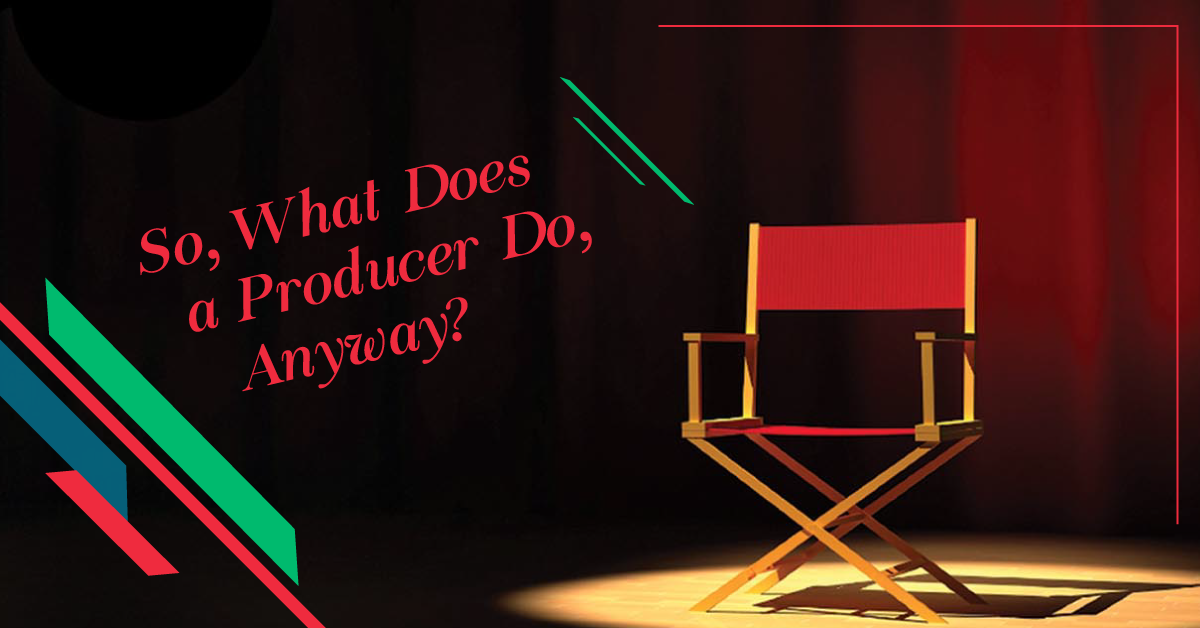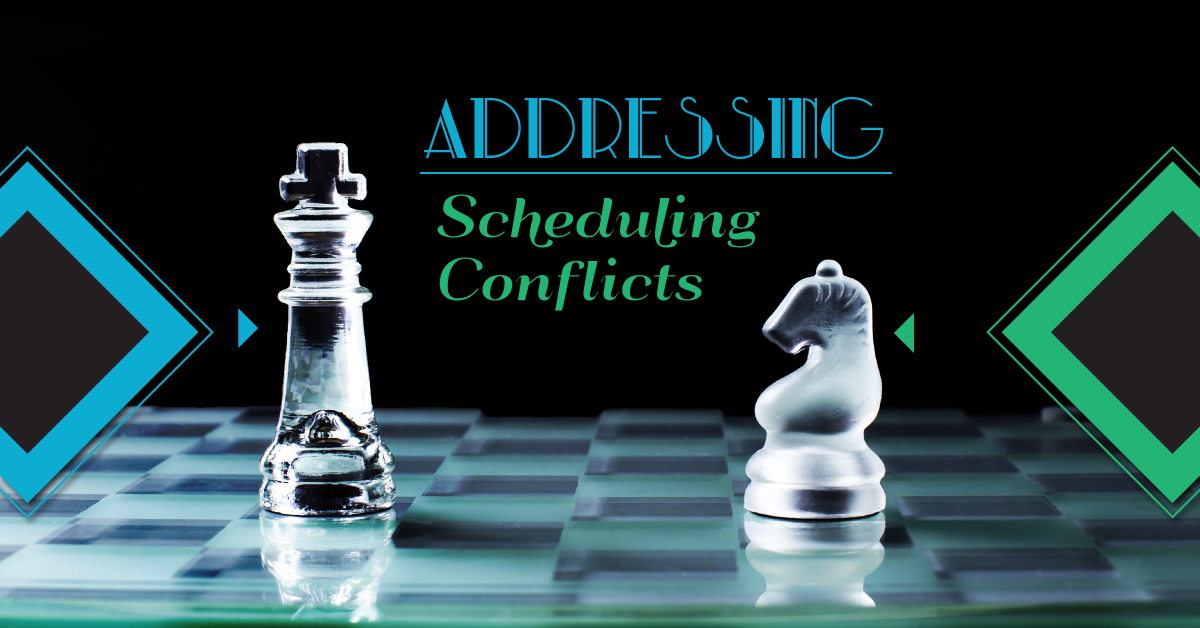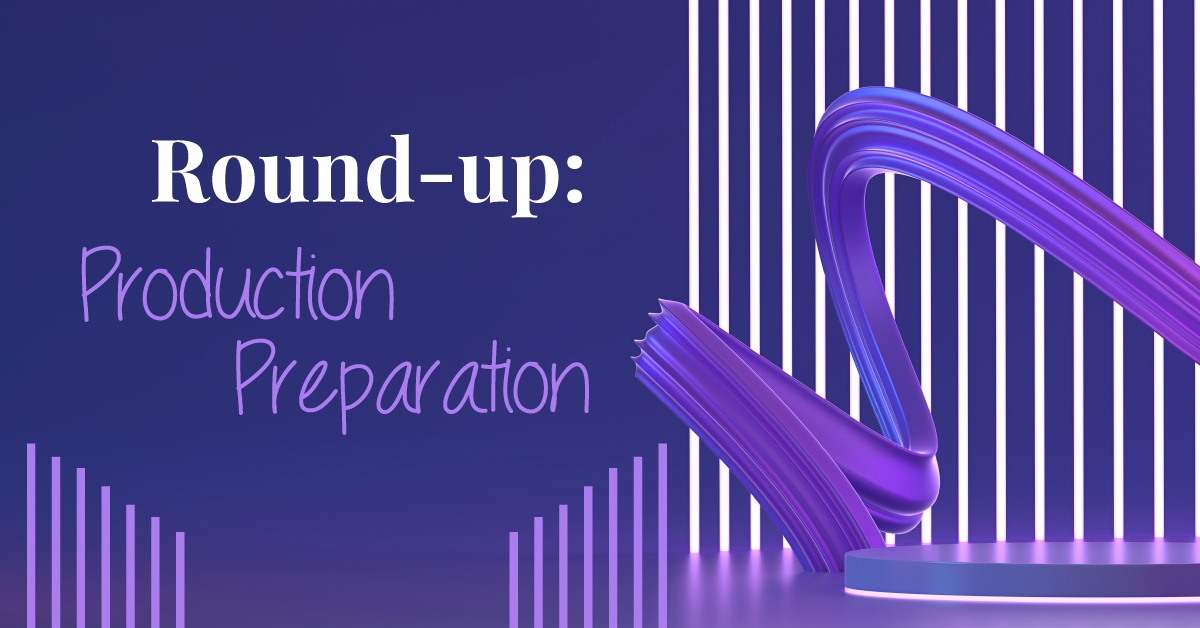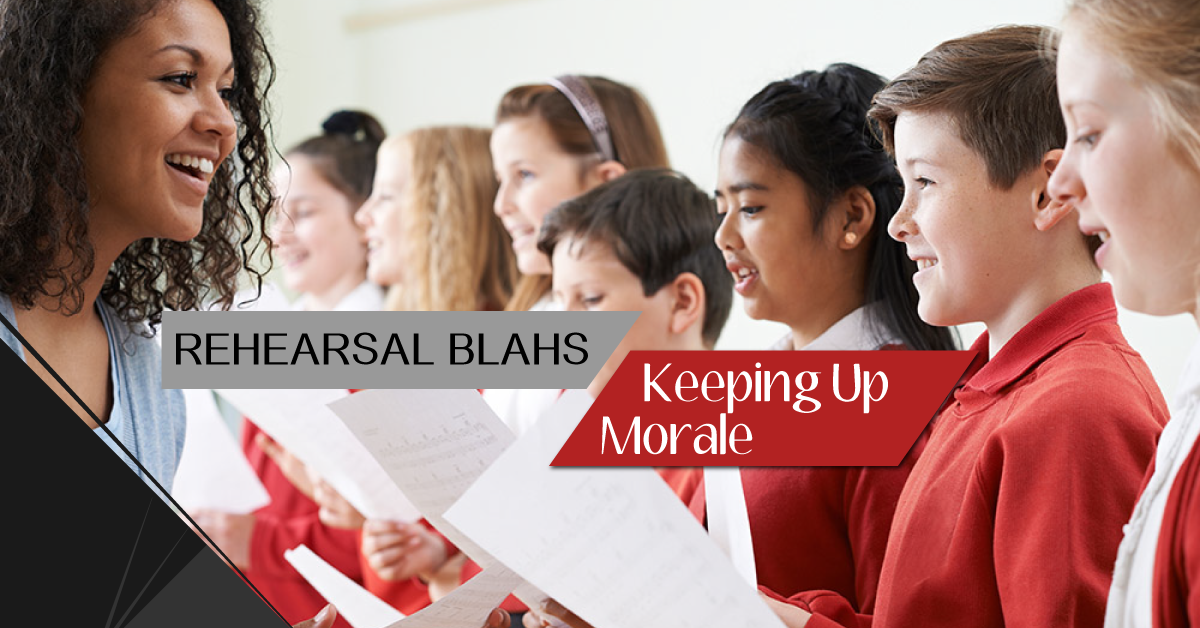So, What Does a Producer Do, Anyway?
The role of the producer is often a mysterious one and hard to define. No two producers are alike, and each producer sees his or her job differently. In the simplest terms, a producer’s job is to deliver a good show, on time, and on budget. They solve problems that arise, and they are really the glue that holds the production together. Beyond that though, the producer is a valuable part of the artistic team. The producer melds the artistic side of a theatrical production with the business side, ensuring that the vision for the show can actually happen. If the current show is successful, then hopefully more shows can be produced at the school in the future.
In many high school productions, the director also takes on the duties of producer, but if another teacher is able to take on the role of producer, it makes everyone’s jobs much easier. As well, many school productions often have a senior student in the role of student producer, which is great thing to do as well – many hands make light work, and it is a wonderful learning opportunity for that student. Being a producer isn’t easy, but it is very rewarding to see the show come together.
Let’s take a look at common duties and responsibilities of the producer.
Get the show on its feet
In a school setting, producers are generally involved in selecting the show, ensuring it is the best one for their students and the school. They help decide whether the show should be a play or a musical, and ensure that the subject matter of the selected show is appropriate. They present the selected show to the school principal and/or school board for approval. The producer helps to set the production timeline, choose the performance dates and number of performances, and select the location for the show (if it’s not being held in their own school). They apply for the rights to produce the show and ensure the royalties are paid. You can see why in a school production the director and the producer are most often the same person!
Get the right people for the right roles
The producer helps to recruit all theatrical personnel for the show including artistic staff, stage management, designers, and crew members. A good producer knows what students have been involved in previous shows, and can reach out and recruit new students to the production. The producer supports the artistic team and helps them to get their tasks done effectively. They are often involved in the casting process and tend to be the person who is tasked with delivering the “I’m sorry, but you weren’t cast” phone calls or emails. They are also heavily involved with getting people to come see the show – the audience! – through marketing and publicity.
Take care of the money
A large part of the producer’s role involves dealing with money, including setting the budget, fundraising, and determining ticket prices. The producer must keep careful records of all money spent on the production. They may liaise with the school board to deal with reimbursements for any out-of-pocket expenses. They also ensure that the production does not go over budget, and must approve any purchases or rentals needed for the show.
Solve problems
A great producer must be responsible, quick-thinking, practical, and able to solve any problem that might arise. From budget concerns to getting program biographies in on time to dealing with students arriving late to rehearsal to solving disputes – the producer deals with all this and more. The producer must be proactive and take steps to avoid problems by showing passion for the production. Their feelings of enthusiasm and support will trickle down to all the students and faculty members working the show, and create excitement for everyone involved. Having an excited cast and crew definitely helps to get the audience excited to come see the show – which hopefully translates to financial success and more shows in the future!



